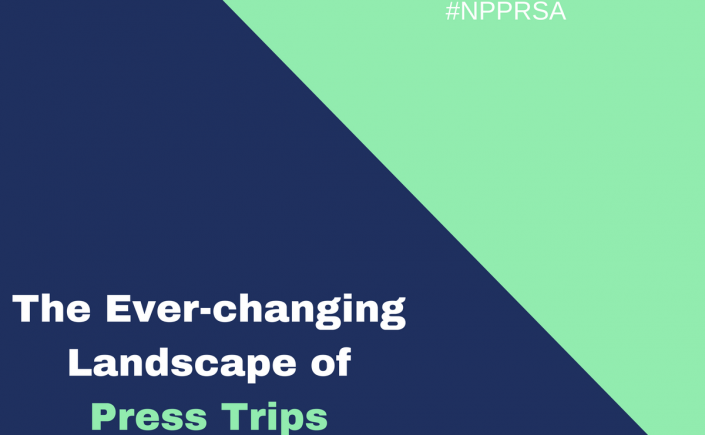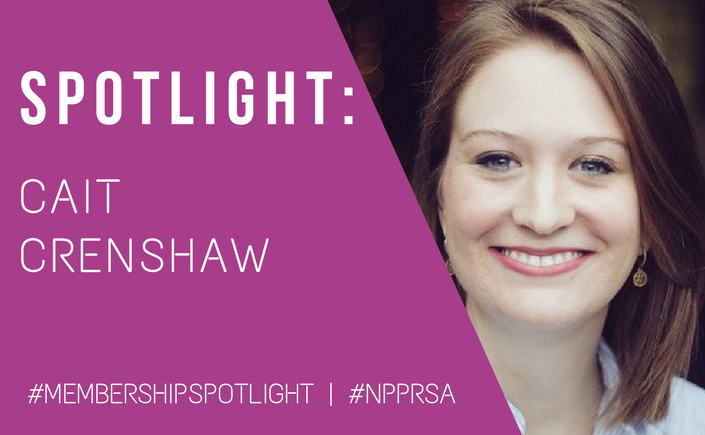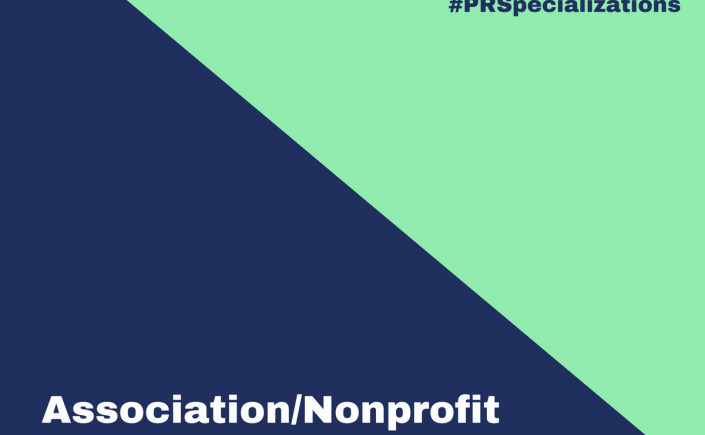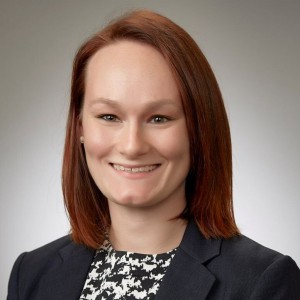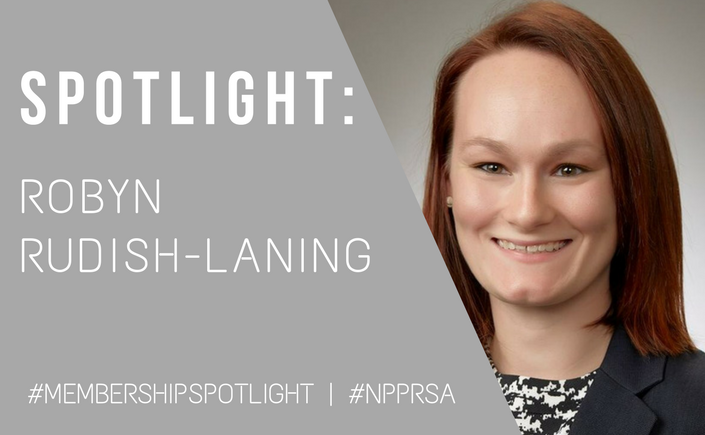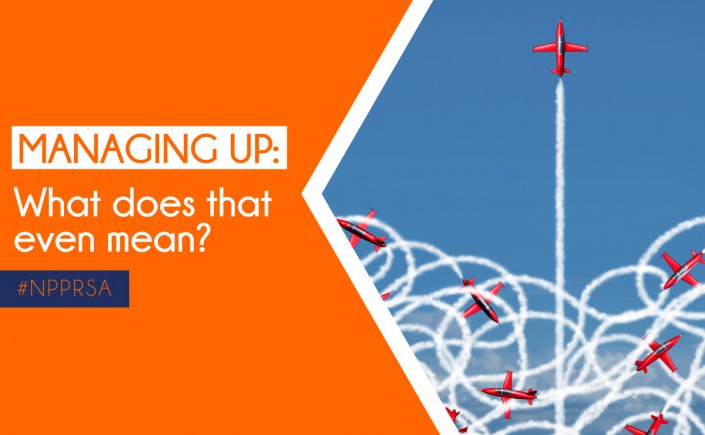Picture this: you’ve just started a new job, but your new manager isn’t as hands-on as previous supervisors or professors. Instead, you get 30-minutes of one-on-one time with them every other week and—before you can even learn how to use the printer—they expect you to show results. Yikes! Other managers may report into someone that is too hands-on—an entirely different challenge. Whatever your situation may be, learning how to work with your direct supervisor can make or break the early days of your career. The right manager can be your mentor, guide and biggest cheerleader, and it all comes down to how you manage up.
Changing Workplace Dynamics and the Keys to Managing Up
According to the Pew Research Center, Millennials (ages 21 to 38) have overtaken Baby Boomers in the workforce. Did you cringe at the word “millennials”? It’s Ok. I hate that word, too. Younger generations get a bad rep – we are often pegged as needy, entitled, narcissistic, unfocused, lazy – the list goes on. What’s interesting is that we see ourselves as motivated and purpose-driven, trying to make a difference in the world.
Simon Sinek’s video about Millennials in the workforce highlights a key point that unlocks a lot of our problem here: Millennials tend to have difficulty developing meaningful relationships—especially in the workplace. They also tend to be impatient about getting to where they’re going.
The reality, as stated by Sinek, is that the key to managing up is found at the intersection of patience and relationship development.
We’ve all heard the saying, “People leave managers, not companies.” According to Gallup CEO Jim Clifton, “The single biggest decision you make in your job—bigger than all the rest—is who you name manager. When you name the wrong person manager, nothing fixes that bad decision. Not compensation, not benefits—nothing.” (Source: Inc.)
But what makes a good manager? In my experience, the best managers are available when you need them, capable of sharing quality feedback, and able to recognize the strengths and weaknesses in others. While it’s easy to demand those of others, best way to bring these characteristics out in your manager is to portray them yourselves.
Millennial psychology aside, there are some clear ways to “hack” managing up—no matter which kind of manager you have.
The Power of Quick Wins
If you’ve worked at an agency, you’ll be familiar with this concept. This is the first rule of onboarding a new account—deliver quick wins. However you define a “win,” immediately delivering on your promises and showing success can go a long way in getting the right attention from your manager.
This doesn’t only work for new relationships. In fact, this works after every performance review, weekly one-on-one meeting and more. Remind them of why they hired you and remind them that it was a good decision.
How to Ask for Feedback
How many times have you felt criticized or unappreciated at work? In those situations, I would say it’s probably because you were lacking quality feedback. There are hundreds of articles and books about giving and receiving feedback for a reason—it’s the key to every good relationship.
When giving feedback, first make sure they’re open to it. Ideally you would have already established a relationship with your manager so you can go to them with your questions and concerns. If you have a weekly 1:1 with your boss, then it’s easy—that’s your chance to talk about things that are/aren’t working.
If not, then you need to ask. It’s easiest to do that in the context of your work with them. When they come to you with a new project ask if you can discuss your concerns one-on-one. Some helpful phrases to try out:
- “Would it be helpful to have another perspective?”
- “Now that I’ve gotten my head around this assignment, can I talk to you about how things are going?
- “Do you have a minute to discuss ____? I need more clarity from you on [my role, my responsibility, how we are approaching the assignment].
The key with this is to be specific and don’t get personal. If you start making generalizations or start attacking them as an individual, you could put them on the defensive, and lose your chance to be effective.
It’s worth noting that some relationships will not allow for feedback. In those situations, it’s usually a senior executive so empower yourself to do your best to see things from their perspective.
Receiving feedback is simple—all you need to do is ask:
- “Do you mind providing feedback on this project? I’m interested in getting your thoughts so I can learn and make adjustments next time.”
- “Did this meet your expectations?”
- “Am I getting closer to your vision for this project? If not, where should I focus?”
Feedback should be honest (not brutal, but direct) and real-time. If you only get feedback once per year, then you only have one chance per year to improve. If you get generic responses to your questions, follow up: “Tell me more about that.”
How to Discover “Unwritten Rules”
I’m a fan of discovering “unwritten rules” by befriending the gatekeepers—like the receptionist or your boss’s assistant. You should also work to get to know the people that have been at the company longer than you—they will be a tremendous asset to you as you get to know the “way” of a company’s culture. They can also share tips for working with certain individuals (like your manager).
Unwritten doesn’t usually mean secret, so also don’t be afraid to ask. You’re probably not the first person to do so.
Why Personalities Matter in the Workplace
In Meyers-Briggs, I’m an ENTJ. That means I’m extroverted, intuitive, a thinker and judging (i.e., logical and decisive). The better you understand yourself, the better you can help others to understand you. And for someone to truly manage me, they need to understand me—it works the other way, too.
Understanding how your manager processes information is something I’m still learning—my manager internally processes information and needs more time to think before coming back to me with feedback. I, on the other hand, externally process everything—meaning I like to talk it out with you right then and there until we come to a resolution.
Get to know your manager and be curious about how they think. Learn to anticipate their questions based on their priorities. Understand that everyone is different, and it would be unreasonable to assume otherwise.
What it Means to Set Expectations
Understanding what your manager wants from you—and vice versa—comes down to how you communicate expectations. Be clear about what’s expected up front so there are no surprises (or disappointments) down the road. How do you do that? Have a process. First, ask questions and repeat what you’re hearing. Then, put it in writing (e.g., in an email) and get them to agree to it.
Communications for Communicators
Practice what you preach. Sometimes we can be so client-focused that we forget to utilize our own best practices. Try creating your own formal strategy, just as you would with any client, for how you communicate with your manager. Pre-empt their asks by being proactive. If your manager ever has to come to you and ask you for a status report, you’re too late in getting it to them.
Learn to anticipate the questions of your manager: what are they being held accountable for? That’s what they’re going to ask you about. Find a way to let them know the status of what you’re working on so they don’t have to come looking for you.
In closing, managing up is a challenge because managing people is hard. Be patient with yourself and with your manager. Everyone is on a journey and learning at their own pace.
And the key to any management relationship—up or down—is not management, but the relationship. Take your boss out for coffee and get to know her. That relationship will be the key to your success.
 About the Author
About the Author
Scott W. Thornburg, APR, is an accredited marketing communications leader with nearly a decade of global agency and in-house experience. Passionate about his work, he is known for thoughtful management of complex issues, careful attention to detail and high-impact leadership. Scott has been a strategic communications adviser for top global brands like Oracle, ExxonMobil, Dell, Cirque du Soleil, Hard Rock, Nasdaq, lynda.com (acquired by LinkedIn) and more. He now works as a senior public relations manager for Sojern, a travel marketing and advertising technology company. He’s a graduate of The University of Southern Mississippi (2010), with a degree in journalism, and an emphasis in public relations. Scott is a member of the Public Relations Society of America (PRSA) and serves on the organization’s national board.
 Erica Hammett is a PRSA member and the Public Relations Account Executive at MP&A Digital & Advertising in Virginia. She is a graduate of Virginia Tech. She’s also a member of the PRSA New Professionals and Travel and Tourism interest sections. Connect with her on Twitter and LinkedIn.
Erica Hammett is a PRSA member and the Public Relations Account Executive at MP&A Digital & Advertising in Virginia. She is a graduate of Virginia Tech. She’s also a member of the PRSA New Professionals and Travel and Tourism interest sections. Connect with her on Twitter and LinkedIn.
